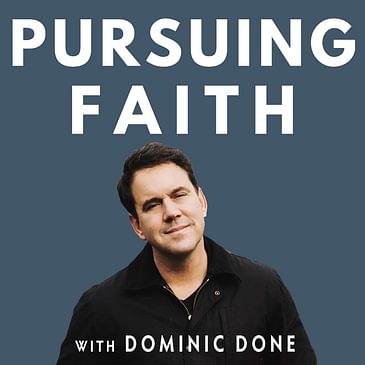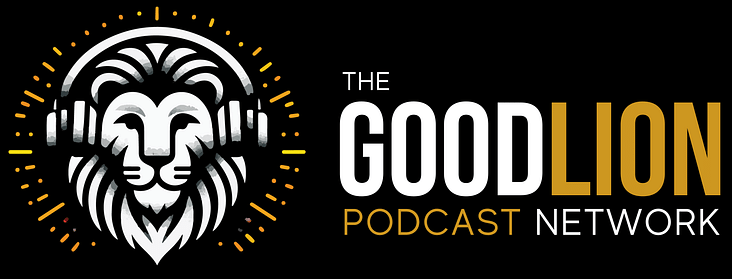In this episode, Dominic talks about the reality and power of miracles. Every one of us longs for a miracle in our lives. It could be the need for a physical, mental, or emotional miracle. Perhaps a breakthrough in a relationship or finances.
The Bible is full of miracle stories. But these stories aren’t just superstitious legends; they're hope-filled reminders of what God can do in our life right now.
Links:
www.pursuingfaith.org




